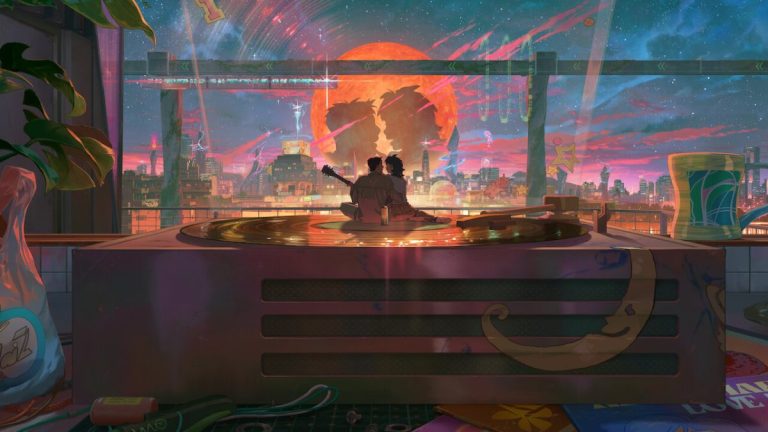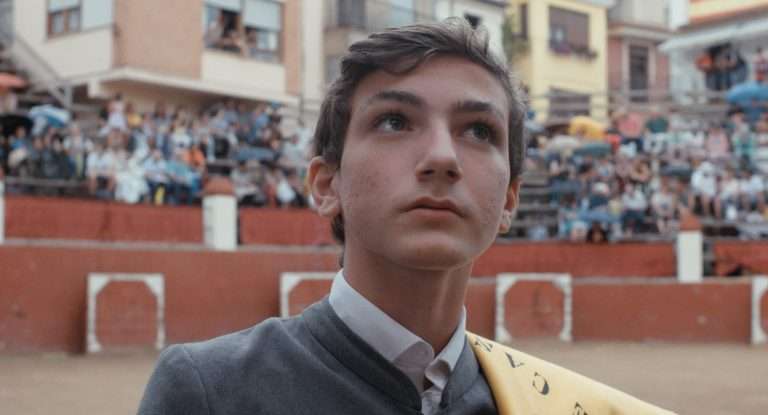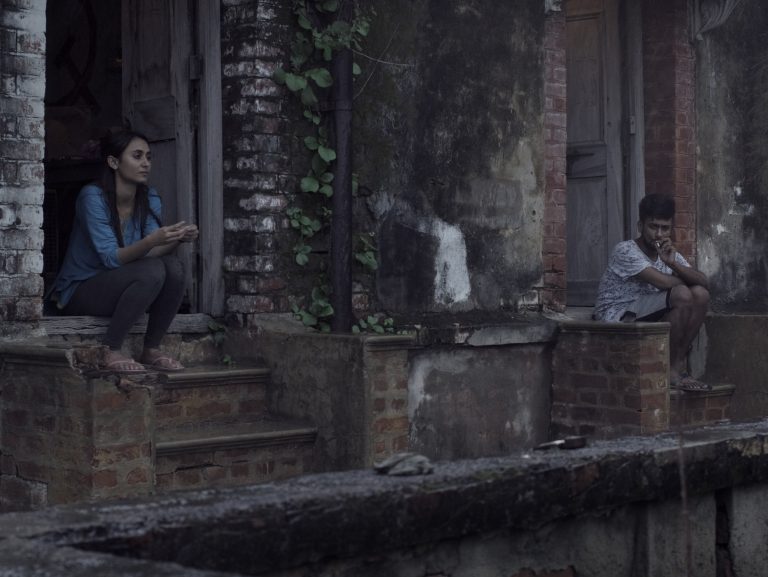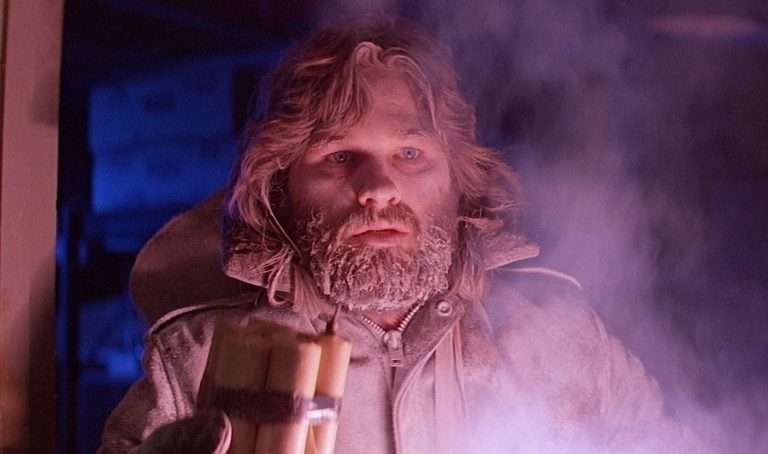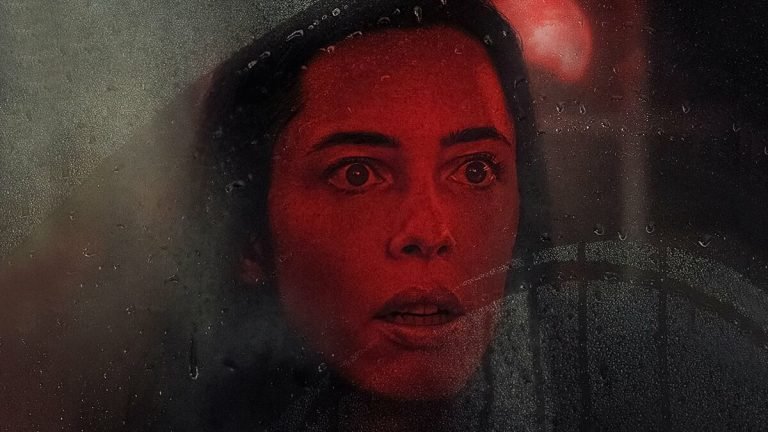As humans, it is difficult for some of us to differentiate between the real and the imaginary. It’s difficult for some of us to understand this constant sense of guilt and a force of nature that keeps messing up everything we want to keep close and together. In debutant director Patrick VanZandt’s “Addy Daddy,” the protagonist Lucas (Jared Trevino), suffers from a similar kind of whirlwind of emotions where a singular sense of doubt in his relationship, forces him to re-evaluate all his decisions that led to that point.
The story begins with a traumatic incident from Lucas’ past. A videotape recording shows us a young Lucas (possibly behind the camera) witnessing the mental and physical abuse that his mother went through, at the behest of his controlling and hateful father played by Matt Kirkwood. When we meet a grown-up Lucas, he is living with a peculiar roommate, studying to become an architect. His routine is pretty strict with the need to hyper-focus often draining away all the energy required for him to do anything beyond that – something his father would want to get behind and make sure it never changes.

With time, living in his head has made him into an outright introvert. So much so that he would think a million times before approaching or talking to anyone. This is until he meets Addy (Lexi Simonsen) at a party that he is reluctantly dragged to. Addy’s anxiety makes him feel seen and for the first time in a long time, he feels a genuine sense of connection. They keep hanging out with each other and eventually start dating. Unlike Lucas, Addy is a stoner who doesn’t have a concrete job and isn’t particularly focused on anything in her life. This doesn’t sit right with Lucas’ parents once the couple visits home and they (his father in particular) make sure that they seed the idea of self-doubt and confusion in their child’s mind. It almost feels like they have a remote control that hangs over Lucas’ mind; constantly coercing him to do things that they would want for him.
Patrick VanZandt’s visual sense carefully administers and renders the life that Lucas sees. The anxiety is of course amped up once he returns to his routine after that interaction at his parent’s place. Even though he is far from them, their words keep hammering into his messy mind, eventually hampering his ability to keep his relationship with Addy going. The overwhelming sense of control, guilt, and regret that Lucas suffers from is replicated in his personality in the film and how he ends up tackling things around him. This is an emotionally charged narrative that understands triggers and sometimes uses them to induce the same in the viewer.
“Addy Daddy” is a great watch if you want to understand the internalized nature of long-standing trauma. However, in wanting to blur the lines between reality and imagination, the film hopes into a third act that deliberately pushes an unnecessary sci-fi twist into this tale, leaving Addy’s character feeling underdeveloped despite a standout turn by Lexi Simonsen. A rewrite would have helped the messy final act lead to the wise and profound conclusion that VanZandt wishes for. Alas, it doesn’t quite reach there.



![Back to the Outback [2021] Review: A Generic Road-Trip Celebrating the Misunderstood Creepy Crawlies of Australia](https://79468c92.delivery.rocketcdn.me/wp-content/uploads/2021/12/Back_to_the_Outback_00_53_38_13-768x322.jpeg)
